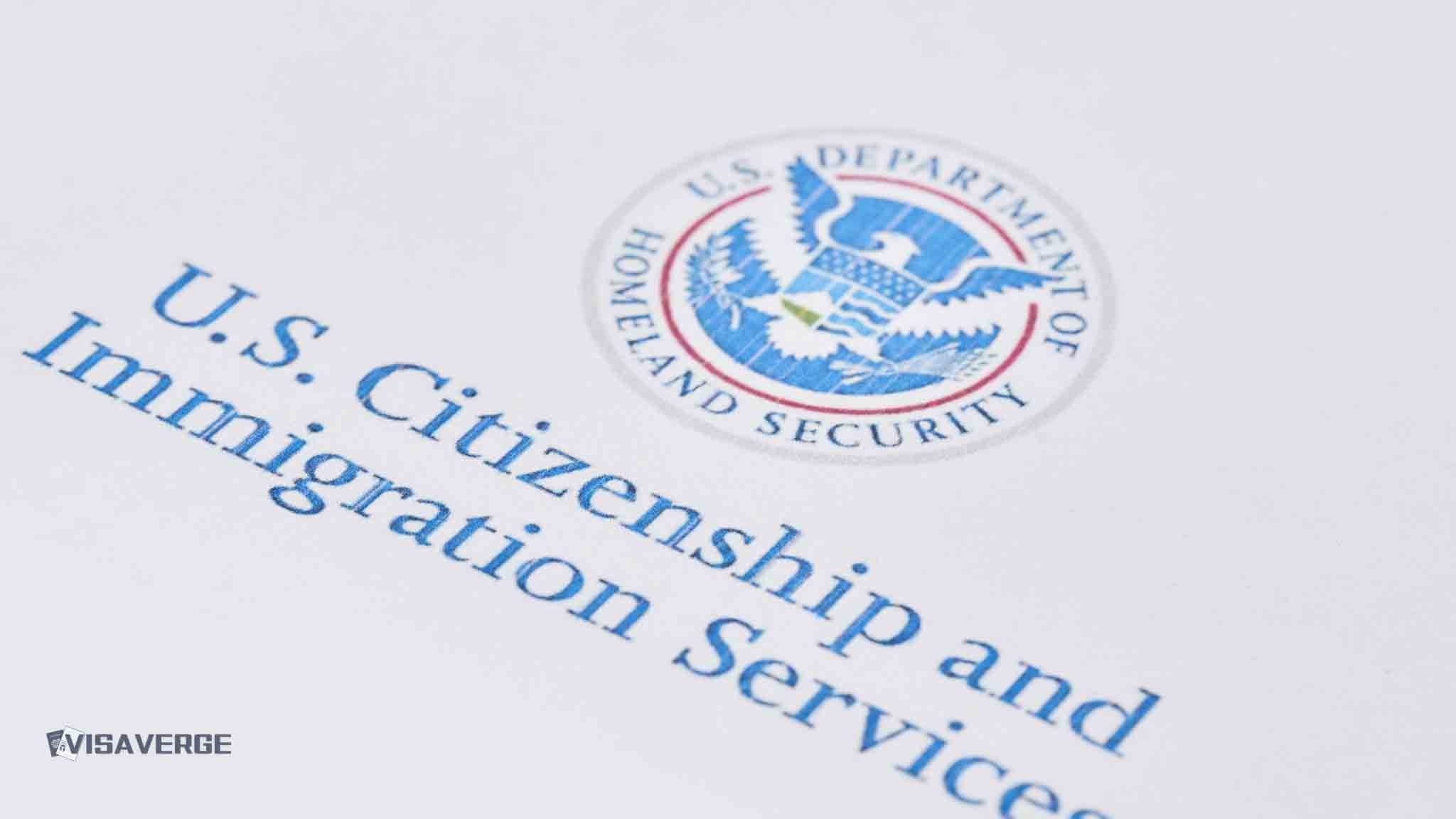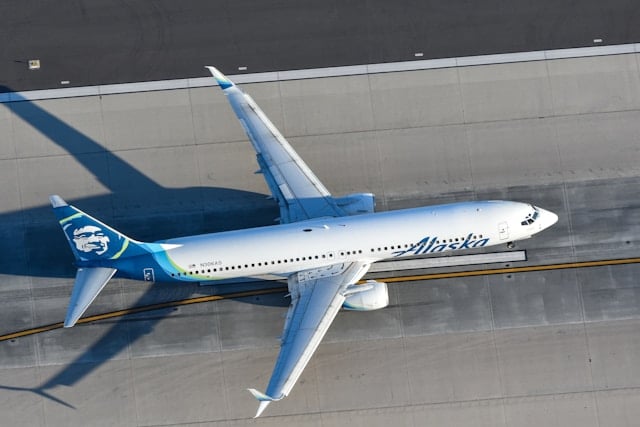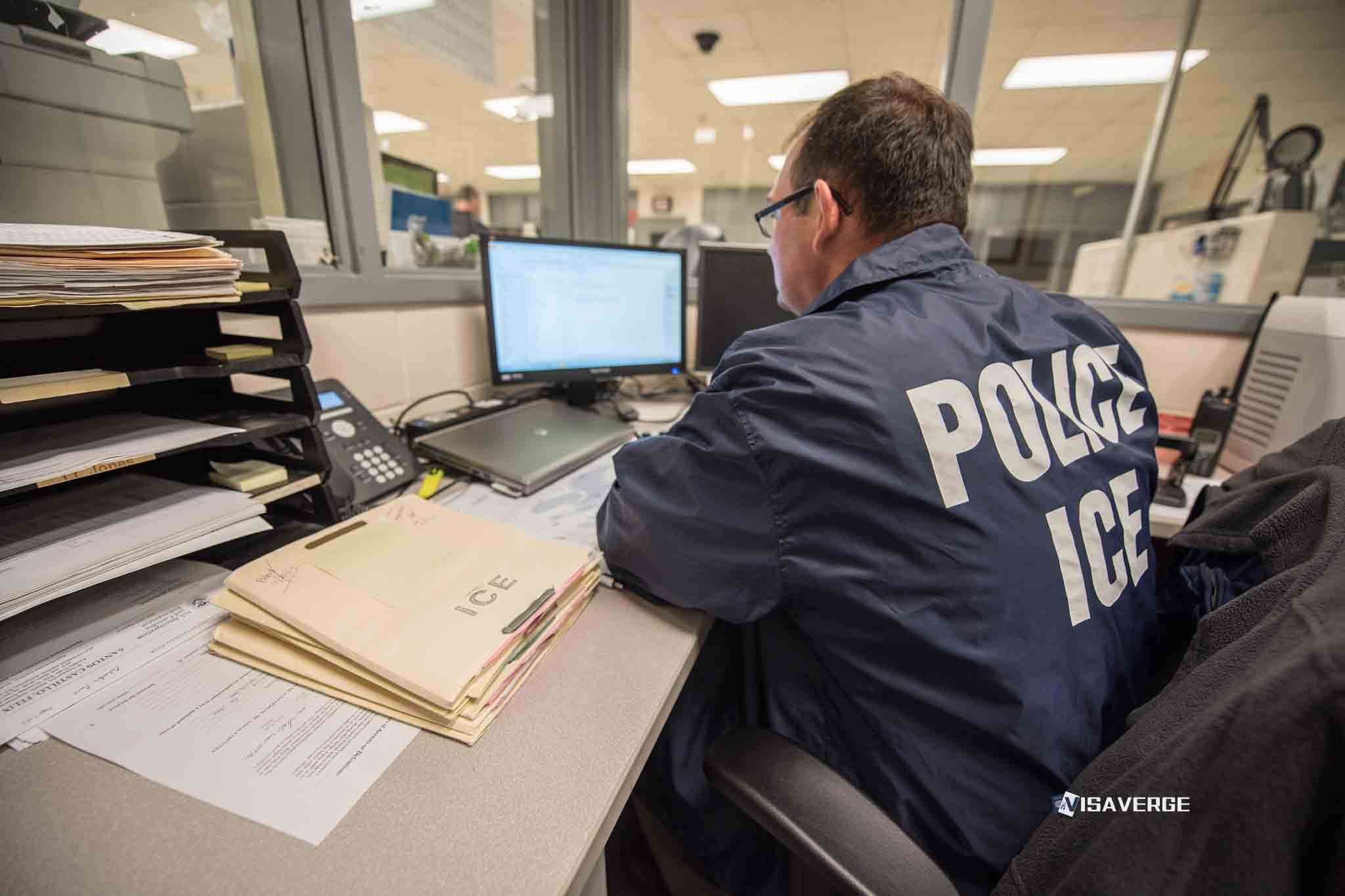(WASHINGTON, D.C., USA) US Citizenship and Immigration Services has halted all immigration processing for Afghan nationals after the November 26, 2025 shooting of two West Virginia National Guard members in Washington, D.C. This sweeping move freezes family reunification, asylum, and other humanitarian cases with no set end date.
The agency announcement and scope of the freeze

In a written statement, USCIS said:
“processing of all immigration requests relating to Afghan nationals is stopped indefinitely pending further review of security and vetting protocols.”
The decision took effect immediately and applies worldwide to every pending and future request involving Afghan citizens, according to the agency announcement.
Context: the arrest that triggered the action
The suspension follows the arrest of Rahmanullah Lakanwal, a 29‑year‑old Afghan national accused in the shooting. Officials said Lakanwal entered the United States in 2021 under the Biden administration’s Operation Allies Welcome, the program set up to bring Afghans to safety after the fall of Kabul and the U.S. withdrawal.
Federal officials have not released further details about Lakanwal’s immigration history. Still, the public link to Operation Allies Welcome quickly turned a criminal case into a political flashpoint. That program brought tens of thousands of Afghans — many arriving first on temporary parole and later applying for longer-term status.
Political reactions
President Donald Trump, speaking after the attack, framed the shooting as evidence that the previous administration’s admissions had gone too far. He said his administration would:
- “re-evaluate every single alien” who entered from Afghanistan during President Biden’s time in office.
- “ensure the removal of any alien from any country who does not belong here or add benefit to our country.”
Those remarks, combined with the USCIS freeze, signal a hard turn in policy for thousands of Afghans who believed they were on a path to stability in the U.S.
Immediate practical effects
As of November 27, 2025, officials said all applications and requests from Afghan nationals are suspended indefinitely while security and vetting procedures are reviewed.
The timing has left families and lawyers scrambling. Key immediate impacts include:
- People days away from interviews or final decisions now face an open-ended pause.
- Individuals hoping to file new applications — including petitions to bring spouses and children out of danger — are being turned away.
- USCIS will not accept or act on new cases tied to Afghan nationality.
What USCIS did and did not say
Although the agency referenced a review of “security and vetting protocols,” it provided no details about which parts of screening are under review or how long the review might last.
- There is no timeline for when processing may resume.
- No special exceptions have been publicly announced for medical emergencies, threats from the Taliban, or people inside the U.S. with expiring temporary status.
How this affects immigration processes
Immigration lawyers say the halt could affect almost every part of the system, including:
- Adjustment of status to permanent residence
- Asylum and withholding of removal
- Work authorization based on pending asylum
- Humanitarian parole renewals
- Petitions for relatives abroad
Although the government has not published a formal list, USCIS’s wording points to a very broad reach.
Table: Examples of likely-affected case types
| Category | Examples |
|---|---|
| Family-based petitions | U.S. citizen petitions for Afghan spouses/children |
| Humanitarian programs | Humanitarian parole requests, refugee-related filings |
| Asylum-related benefits | Asylum applications, associated work permits |
| Employment-based petitions | Petitions where the worker is Afghan |
| Consular cases | Cases that rely on USCIS approvals for consular processing |
Specific concerns for Operation Allies Welcome arrivals
For Afghans brought under Operation Allies Welcome — many on two‑year parole-based status who have since applied for more secure paths — the freeze adds uncertainty.
- They may continue living in the U.S. under existing documents for now.
- They cannot move their cases forward until the government lifts the suspension.
Analysis by VisaVerge.com indicates the freeze effectively puts long-term plans on hold.
Screening and vetting questions
Advocates note that Afghans connected to U.S. missions were among the most heavily screened migrants, undergoing multiple rounds of security checks before evacuation flights.
The government has not said whether Lakanwal’s case revealed specific screening failures or whether officials are acting out of broader concerns about missed risks.
Impact on immigration courts and removal proceedings
Immigration courts (run by the Department of Justice) operate separately from USCIS. However:
- Many Afghans in removal proceedings also await USCIS decisions (e.g., asylum, family-based forms).
- With USCIS halting Afghan-related processing, court cases that depend on USCIS actions may stall, even if the court itself continues hearings.
Effects on families abroad and consular processing
Families abroad hoping to join relatives in the U.S. face another shock. Before the suspension, many were in long queues for embassy/consulate interviews and security checks. Now:
- Steps are frozen for Afghan nationals regardless of progress.
- People who sold homes, left jobs, or relocated for consular access are left uncertain about waiting months or years.
USCIS said the halt covers “all immigration requests relating to Afghan nationals,” which is broad enough to include humanitarian programs, employment-based petitions, and U.S. citizen petitions for Afghan family members. Because consular processing usually depends on USCIS approvals, many consular cases will effectively be blocked.
Official guidance and resources
Official information for Afghans affected by earlier phases of Operation Allies Welcome, including general guidance on humanitarian programs, is posted on the USCIS page:
As of late November, that page had not been updated with detailed instructions about how the suspension will be applied in individual cases, leaving many to rely on short agency statements and direct communication with lawyers.
Work authorization and employer concerns
For Afghans inside the U.S., work permits are an immediate concern:
- The government has not revoked already granted benefits.
- But people whose work authorization is tied to pending applications could be in limbo if USCIS refuses to process renewals.
- Employers may struggle to plan for employees whose right to work depends on how strictly the halt is enforced.
Political debate and reactions
The political debate is likely to deepen:
- Supporters of the suspension argue a full review is needed when a serious crime is tied, however loosely, to a large admission program like Operation Allies Welcome.
- Opponents argue the freeze punishes tens of thousands based on the actions of one man, Rahmanullah Lakanwal, who has not yet been convicted.
Bottom line and human consequences
For now, the government presents the halt as a temporary, if open-ended, security step. But without a clear plan or schedule:
- Afghan nationals who once saw the U.S. as a safe final home now face an uncertain future.
- Many are waiting for a review they cannot see and for a decision that could shape the rest of their lives.
USCIS announced an indefinite worldwide suspension of all immigration processing for Afghan nationals after the Nov. 26, 2025 shooting linked to Rahmanullah Lakanwal, a 29‑year‑old who arrived under Operation Allies Welcome. The freeze affects family petitions, asylum, work authorization, humanitarian parole, and consular-dependent cases. Officials cited security and vetting reviews but provided no timeline or exceptions, leaving applicants, families, employers, and legal advocates facing uncertainty and halted immigration plans.













